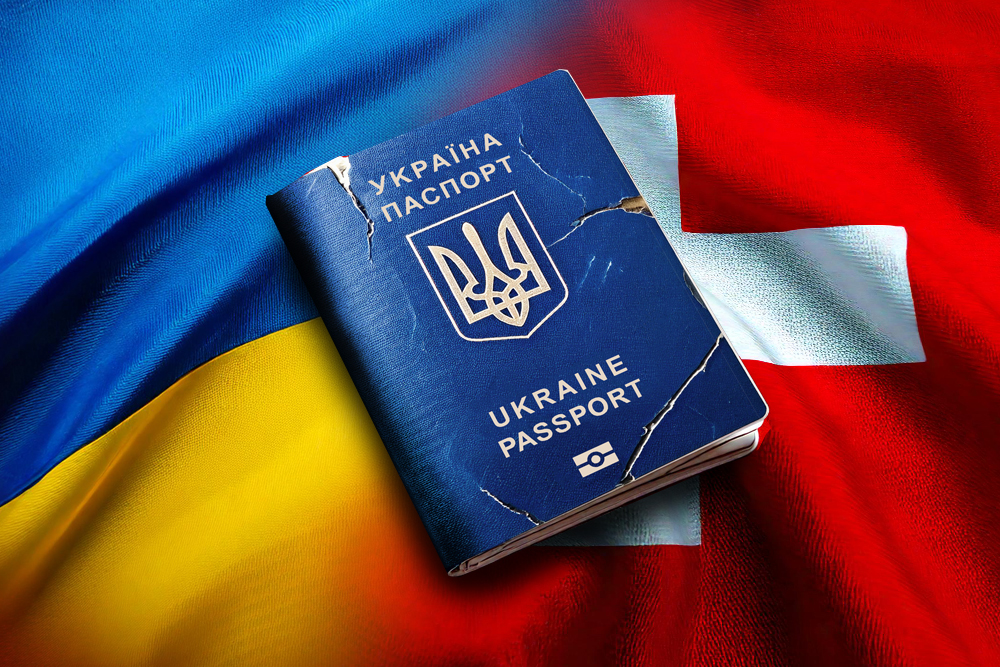ICRC breaks silence over Middle East

The Israeli-Palestinian crisis in the Middle East has forced the International Committee of the Red Cross (ICRC) to abandon its usual restraint.
“The Red Cross is finally shedding its benevolent neutrality,” says René Felber, a former Swiss foreign minister. Felber, like many observers, has noticed a string of unusually outspoken statements issued by the organisation over recent weeks.
These statements have denounced repeated violations of humanitarian law during the course of the conflict between Israelis and Palestinians. This public criticism contrasts sharply with the ICRC’s long-standing policy of keeping a low profile.
The latest example of a change in the organisation’s stance came a few days ago, when the ICRC’s director-general, Paul Grossrieder, gave a press conference after a short visit to the Middle East.
Victims interests
Grossrieder denounced the attacks and the “useless humiliations” inflicted on aid workers by Israeli soldiers. He also spoke out against the worsening violations of humanitarian law carried out by both sides in the conflict.
While admitting that Palestinians accounted for the majority of the victims, he also pointed out that Israeli civilians had also suffered.
The ICRC gives three reasons for breaking its usual vow of silence. Firstly, the organisation says it is in the interests of the victims to speak out.
Secondly, confidential talks with the Israeli authorities have broken down, and finally, the very nature of the conflict means communication is essential.
“All the participants in this conflict air their views, and quite often they take shots at us,” says Vincent Lusser, the ICRC’s spokesman for the Middle East. “We must answer these accusations.”
Rony Brauman, former director of the aid agency Médecins Sans Frontières, agrees with this shift in policy. “Speaking out is the only way left to help the victims of this conflict,” he says.
Brauman welcomes the ICRC’s latest stand, but he also says there is nothing especially new about it. “The Red Cross has been making important statements in recent years, contrary to what many people believe,” he told swissinfo.
Importance of communication
However, this does not mean the organisation has given up on its policy of confidentiality. “Media pressure and the real-time coverage of conflicts mean the Red Cross has to communicate more often,” explained Lusser.
The ICRC realises the importance of communication and is planning to hire an information director before the end of the month. The organisation has also chosen an employee in Washington to deal with information about al-Qaeda prisoners held at Guantanamo Bay in Cuba.
The Red Cross’s latest decision comes as no surprise to Daniel Bolomey of Amnesty International’s Swiss section.
“The conflict in the Middle East is emblematic of what happened after September 11,” he says. “Humanitarian law is taking a beating, and this crisis is crucial for organisations such as ours.”
swissinfo/Frédéric Burnand

In compliance with the JTI standards
More: SWI swissinfo.ch certified by the Journalism Trust Initiative









You can find an overview of ongoing debates with our journalists here . Please join us!
If you want to start a conversation about a topic raised in this article or want to report factual errors, email us at english@swissinfo.ch.